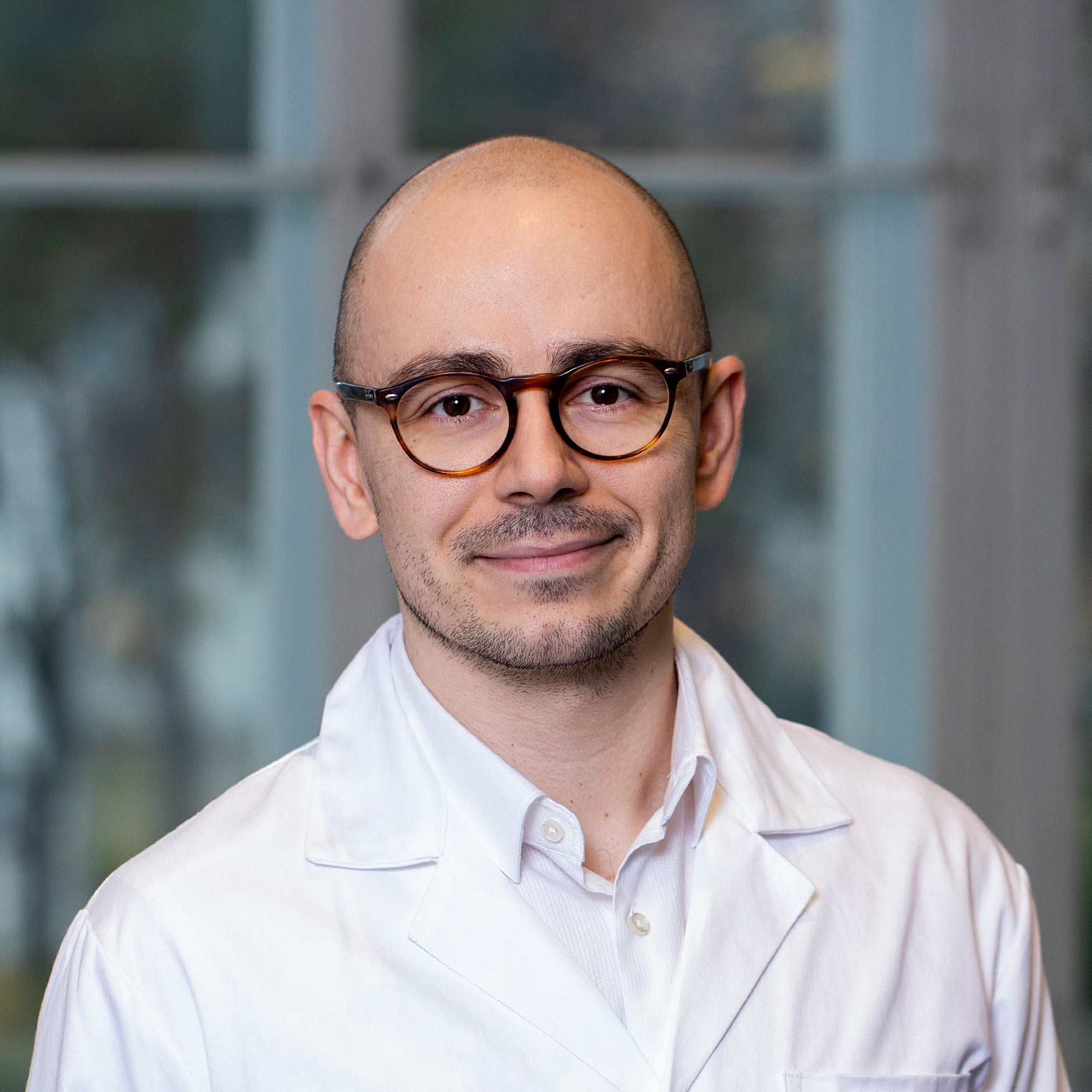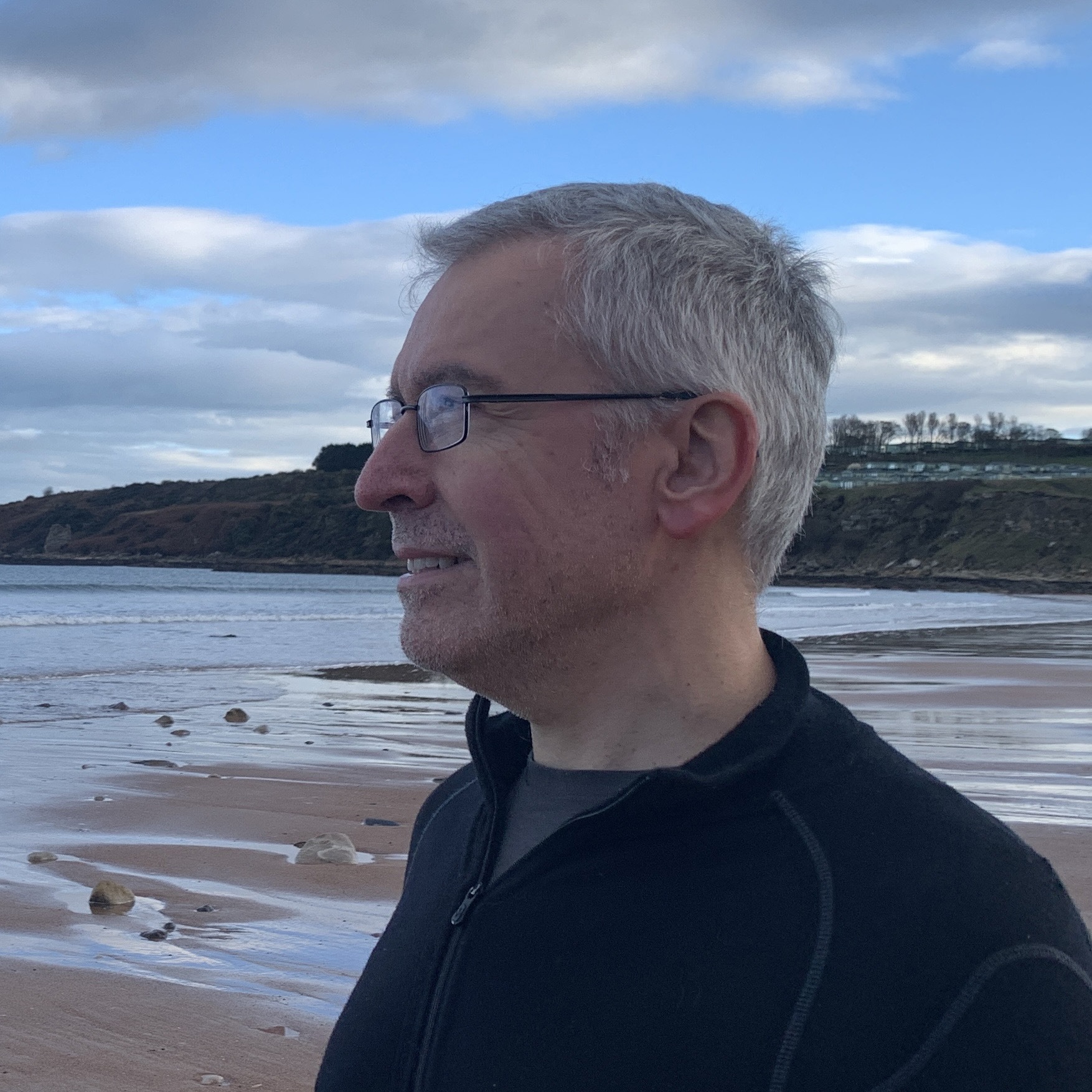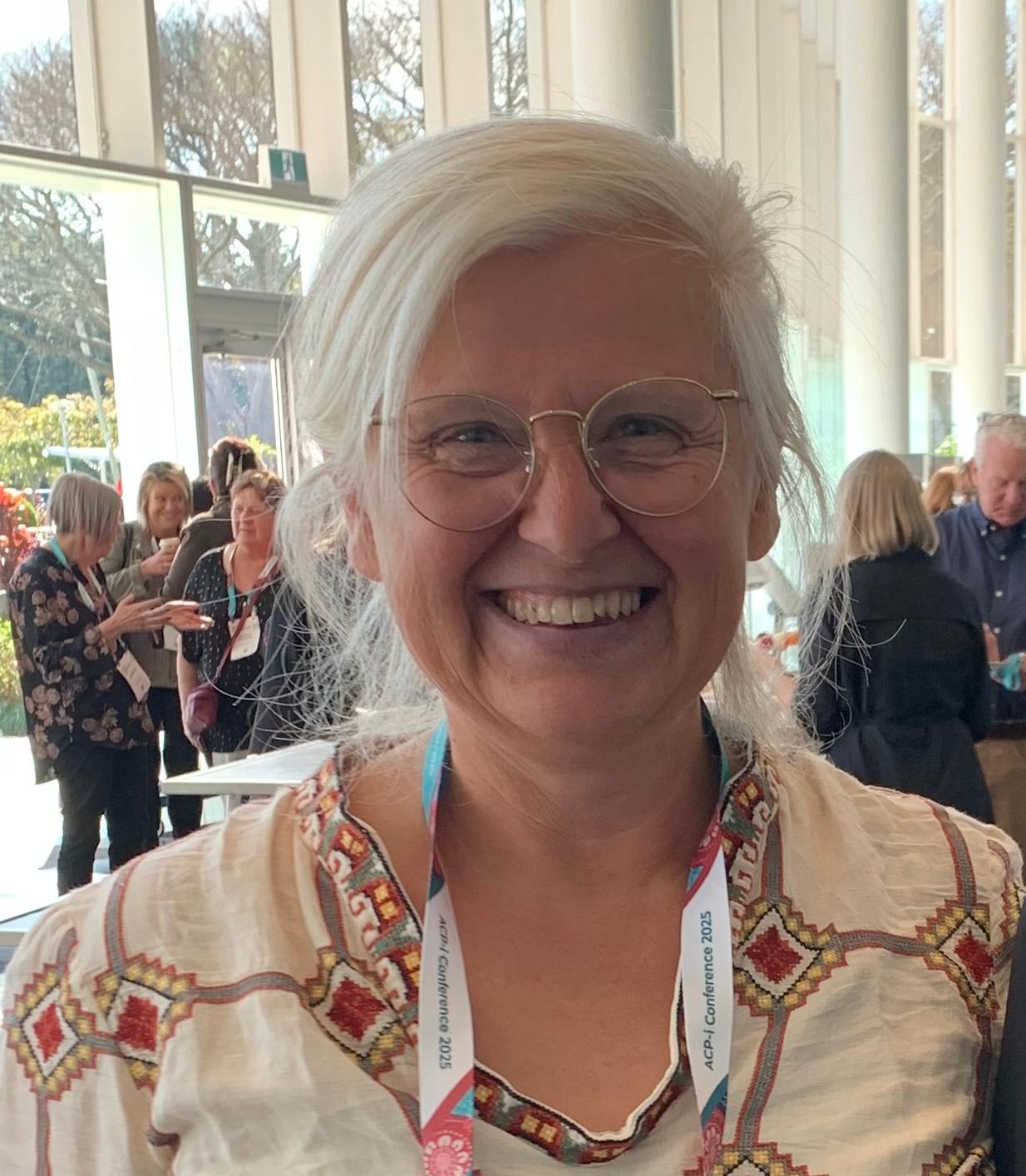
Igor Grabovac, MD, PhD
Democratizing (public) health research: experiential knowledge as a mode of transdisciplinarity
Climate change, armed conflicts, rising inequities, pandemics, and the displacement of large population groups constitute some of the most pressing concerns for public health today. Addressing such complexity requires not only intersectional analyses but also knowledge practices that move beyond disciplinary silos. While the field increasingly calls for transdisciplinarity, this is often narrowly interpreted as the integration of academic disciplines, leaving the experiential knowledge of citizens, patients, and communities at the margins. In this talk, I argue that experiential knowledge is not an optional supplement but a central form of transdisciplinary expertise in health research. Drawing on insights from Patricia Hill Collins, Kimberlé Crenshaw, and Michael Marmot, I highlight how power dynamics and structural inequities shape whose knowledge is valued. I then turn to the work of Emily Yates-Doerr to illustrate the demands and affordances of engaging with lived experience as a legitimate epistemic contribution, while also showcasing examples from our own projects. Ultimately, I suggest that embracing experiential knowledge in citizen science opens up the possibility for a more democratic, reflexive, and socially responsive (public) health research.
Biography
Igor Grabovac is a specialist physician in Public Health and Associate Professor at the Department of Social and Preventive Medicine, Centre for Public Health at the Medical University of Vienna, where he leads the Community Health Lab, a transdisciplinary group of researchers focusing on promoting health equity and justice through participation. His work centers on disease prevention and health promotion among underserved and vulnerable communities, using community-oriented participatory research and implementation science frameworks. He has coordinated several large European consortia (Horizon 2020, Horizon Europe, EU4Health), published over 150 peer-reviewed papers, edited one book, and leads the public health curriculum for medical students.

